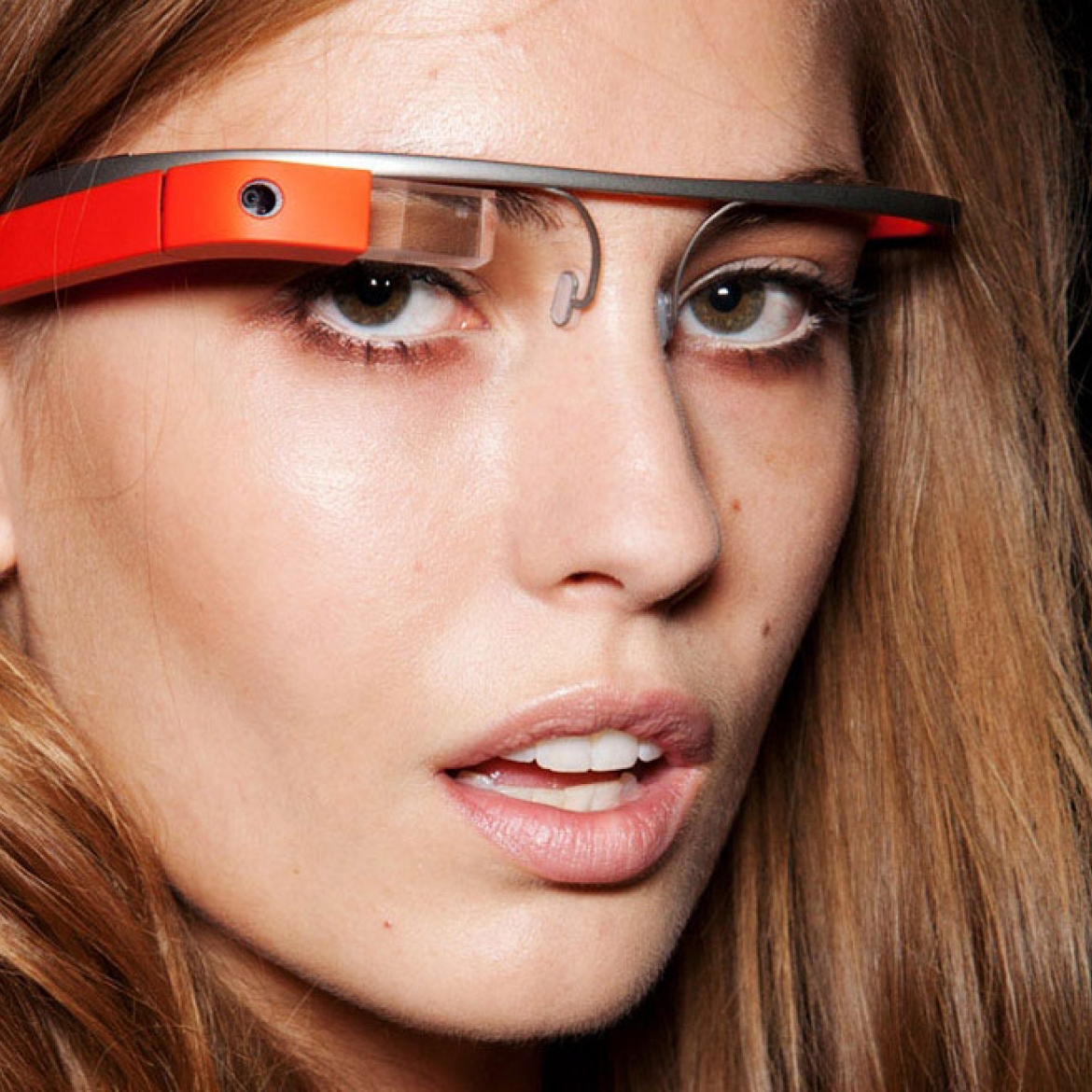 NEWS
NEWS
 NEWS
NEWS
 NEWS
NEWS
![]() Google Glass is still a long way from being released to the general public yet we’re already seeing a number of privacy concerns arise, giving birth to the new term #glassholes to depict those wearing the device who might leave you feeling uneasy.
Google Glass is still a long way from being released to the general public yet we’re already seeing a number of privacy concerns arise, giving birth to the new term #glassholes to depict those wearing the device who might leave you feeling uneasy.
Indeed, the concern for the public’s privacy has grown so big that eight members of the Bipartisan Congressional Privacy Caucus have took it upon themselves to send a letter to Google’s CEO Larry Page, asking him a bunch of questions about how Google plans to protect our privacy when more glassholes walk the earth.
“[W]e are curious whether this new technology could infringe on the privacy of the average American,” the letter stated. “Because Google Glass has not yet been released and we are uncertain of Google’s plans to incorporate privacy protections into the device, there are still a number of unanswered questions that we share.”
1. How Google plans to prevent Google Glass from unintentionally collecting data about users/non-users without their consent;
2. Will Google Glass have any capabilities incorporated into the device that would ensure that user’s personal information would remain private and secure?
3. Will Google Glass have Facial recognition capabilities, and will it be able to collect information regarding people and inanimate objects that the user is viewing? Will the user be able to request such information? And can subjects opt out of being recognized?
4. How Google would reject requests that infringe others’ privacy, and what limits (if any) will be place on the information that can be revealed about the subject;
5. If Google plans to revise its privacy policy based on Google Glass’ sensory and processing capabilities;
6. What information Google intends to collect from users and would the search giant collect information without the user’s knowledge;
7. Have the privacy policies of submitted Google Glass apps been reviewed?
8. Will Google Glass be able to store collected data on the device itself, and if so, will there be an authentication system that safeguards that stored data?
We’ve already heard talk of a number of establishments banning the use of Google Glass on their premises to protect the privacy of their customers. If Google fails to adequately address these questions submitted by the members of the Congress, we could well be seeing more places where use of the tech glass will be banned.
The concerns of Congress are legit, especially with Google’s track record of snooping into our private lives, such as in the recent case of its Street View Cars.
THANK YOU